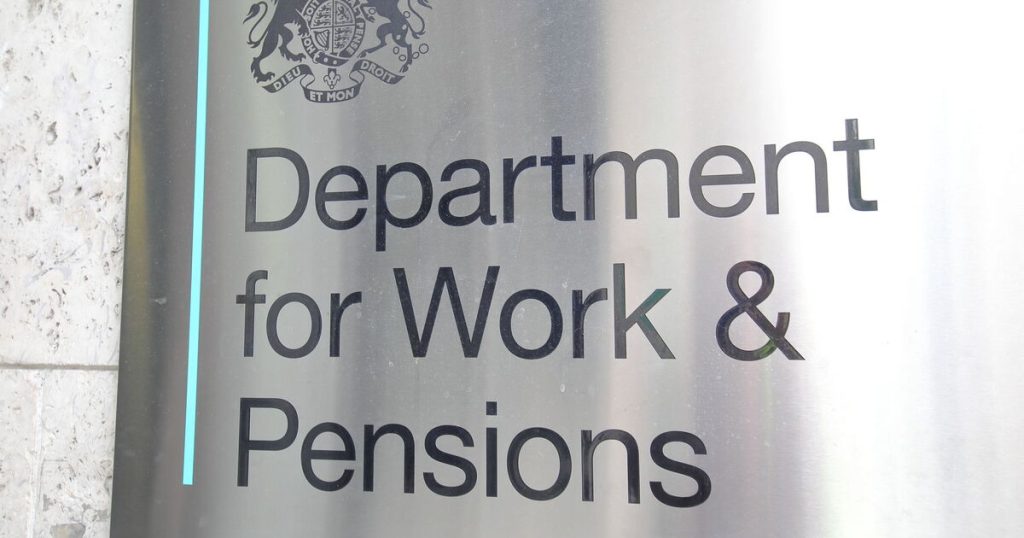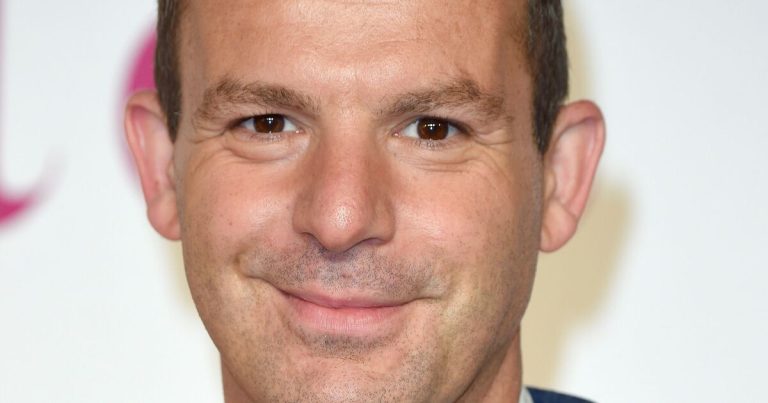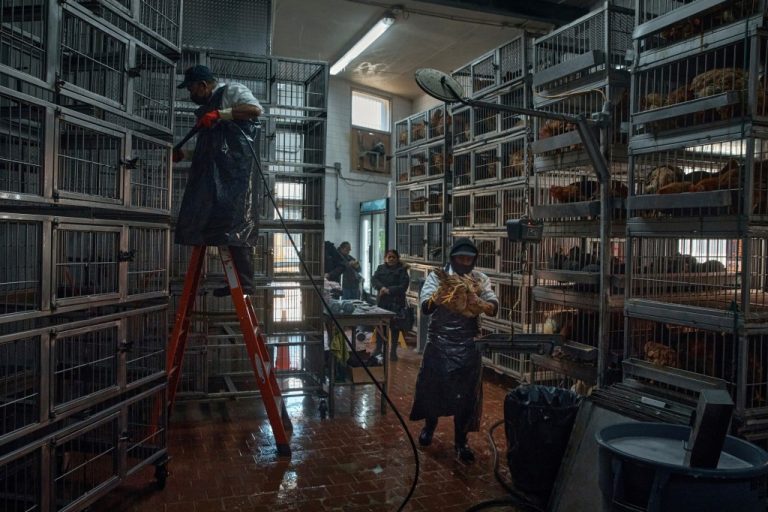
UK households claiming Universal Credit have been issued an earnings warning by the Department for Work and Pensions (DWP) that could see payments reduced or stopped entirely.
Universal Credit is a monthly payment to help people with essential living costs and is given to those on a low income. You may be eligible for the benefit if you’re working, if you’re out of work, or if you’re unable to work, depending on your earnings.
You must live in the UK, be aged 18 or over, be under State Pension age and have £16,000 or less in money, savings and investments.
If you meet the qualifying criteria, you’ll get a monthly payment from the DWP to help cover your living costs, but the amount you get is dependent on certain factors, including how much you earn if you’re in work and how often you are paid.
The maximum monthly standard allowance you can get if you’re single is £311.68 for under 25s and £393.45 for over 25s. If you live with a partner and you’re both under 25, then the maximum you can get per month for both of you is £489.23, while those over 25 will get £617.60.
But the DWP has warned that the amount you earn – and how often you’re paid your wages – can affect your Universal Credit payment. As your wages increase, the amount of Universal Credit you will get will automatically reduce, dropping by 55p for every £1 you earn.
The DWP warns: “If you or your partner are working, how much Universal Credit you get will depend on how much you earn each month. These are called your ‘assessment periods’.
“Your Universal Credit payment will reduce as your wages go up, and increase again if you stop working or your wages go down. For every £1 you or your partner earns your payment goes down by 55p. This amount will be automatically deducted from your Universal Credit payment.”
The amount of Universal Credit you can get can also be affected by how often you are paid. If you have more paydays than usual during an assessment period then you will get a reduced Universal Credit payment that month, or you may get no payment at all if you’re earning too much.
The DWP adds: “If you earn £2,500 or more over your limit then you will get no Universal Credit, the amount over £2,500 will be carried over and counted as earnings in the next assessment period, you are said to have ‘surplus earnings’. This could happen if you’re self-employed or get a bonus, for example.
“You will not get any Universal Credit until your earnings, including the amount that’s carried over, go under the limit and you become entitled to Universal Credit again.
“If your wages reduce enough for you to be eligible for Universal Credit within five months, your Universal Credit payment will be automatically restarted. If it’s after five months you will need to apply again.”







